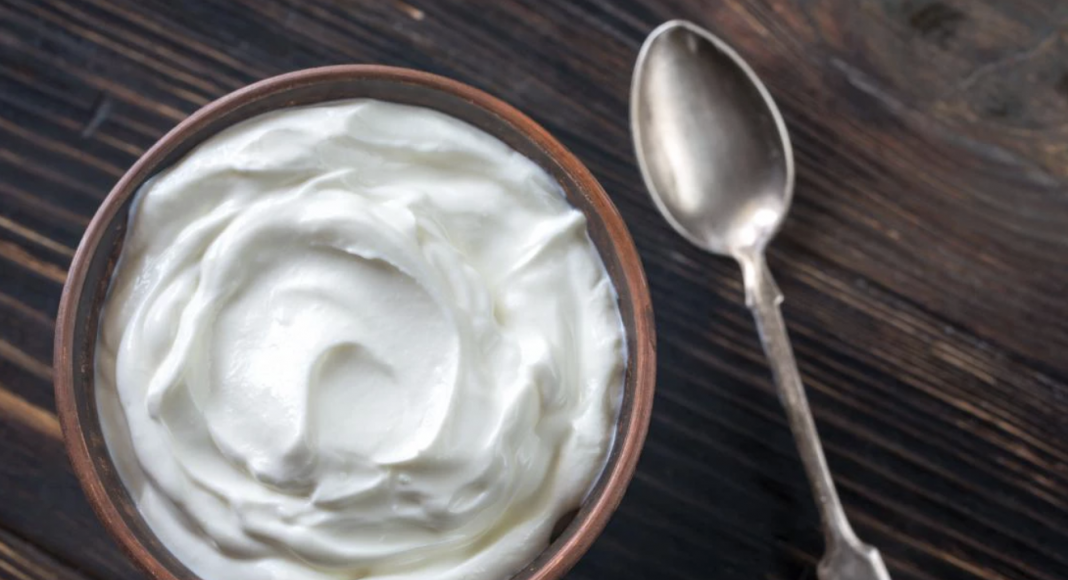The modern biomedical industry requires new approaches to the production of antimicrobials. The production of Greek yoghurt is often wasteful, so research has been carried out recently into its uses in the field of “green” antibiotics.
Waste process of Greek yoghurt
Three cups of milk are required to produce one cup of yogurt.
The main component of the waste stream is acid whey, which has a comparatively high acidity, BOD (biological oxygen demand) and COD (chemical oxygen demand) concentration.
Combined with large volumes of wastewater, the COD/BOD elements mean that Greek yogurt production has a high environmental footprint.
Using acid whey for energy production
Acid whey has shown promise as a feedstock for energy production. It has been widely used to produce high-quality feedstock for animals, due to the highly concentrated presence of sugars, protein and lipids.
However, this is limited by the problem of lactose fermentation and the production of acid whey being higher than the demand in the animal industry. A large amount of this valuable by-product is going to waste.
Using acid whey for ‘green’ antibiotics
Recent research carried out by a team in Germany, found that acid whey can be converted to MCCAs (medium-chain carboxylic acids).
MCCAs are present in the biofuels and chemicals that produce ‘green’ antimicrobials. The research team are proposing that the acid whey from Greek yoghurt should be utilised by converting it into MCCA oil.
There are many environmental factors that currently lead to an increase in the cost of any industrial process using MCCAs. This makes it economically unviable at the scales of production needed for large-scale use of MCCA oil as a feedstock and “green” microbial.
Though, the continued research that has been undertaken has provided proof that there may be a possibility of future sustainability and cost-reduction in this field.
You can read the full scientific journal here.
With reference to News Medical.

